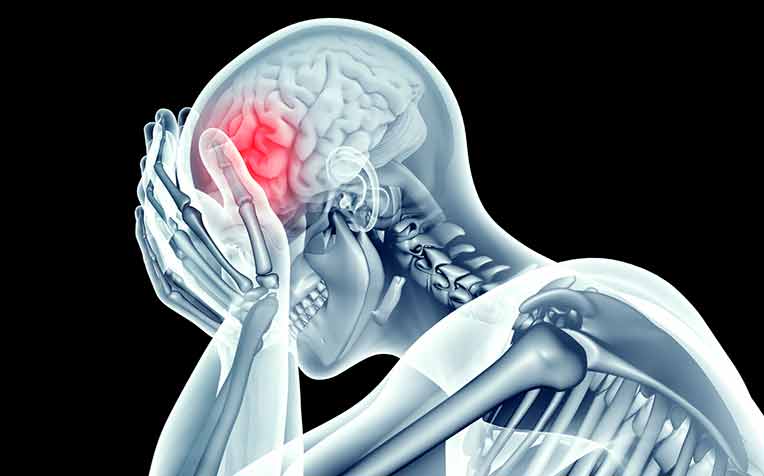
Caption: A transient ischaemic attack (TIA), also known as a 'mini stroke', can lead to a full-blown stroke which causes lasting brain damage, says Dr Rajinder Singh, Senior Consultant, Department of Neurology, National Neuroscience Institute (NNI). (iStock photo)
At just 37 years of age, Mr Ang (not his real name) did not fit the typical profile of someone who would have a mini stroke or transient ischaemic attack (TIA). But he did suffer from one.
The attack was first discovered by a colleague who noticed that the right corner of his mouth was tilted up. At that time, Mr Ang did not feel anything out of the ordinary, but soon, he started to feel dizzy and numb on the right side of his face and right arm. Recognising these symptoms to be similar to those his mother had when she had a stroke, Mr Ang's first thought was that he was suffering from a stroke too. He was sent immediately to the hospital.
Symptoms of TIA
The symptoms for TIA are the same as that of a stroke (except for being transient) and can include one or more of the following:
- Temporary numbness or weakness on one side of the body or face
- Difficulty talking or understanding what others are saying
- Temporary loss of vision in one eye
- Severe dizziness or loss of balance
- Difficulty swallowing
Related article:
The FAST way to spot a stroke
At the hospital, Mr Ang was put on a battery of tests including an MRI, and was found to have high blood pressure and diabetes, which he was unaware he had.
Related article:
Foods you would never expect to contain salt
Fortunately, the TIA symptoms disappeared after four hours and Mr Ang was relieved it was not a full-blown stroke. But it was a sobering wake-up call to take his health seriously.
"The effects of a TIA are temporary, unlike a stroke, which can result in permanent damage to the brain. Most patients recover from a TIA within 10 minutes to a few hours," explained Dr Rajinder Singh, Senior Consultant at the
Department of Neurology,
National Neuroscience Institute (NNI), a member of the
SingHealth group.
"Nonetheless, a minor stroke must be taken seriously as it is usually a harbinger of worse things to come.
It serves as a warning sign of an impending stroke, so it should not be ignored," Dr Singh added.
Related article:
10 Doctor-recommended tips to prevent stroke
--
Articles on
HealthXchange.sg are meant for informational purposes only and cannot replace professional surgical, medical or health advice, examination, diagnosis or treatment.